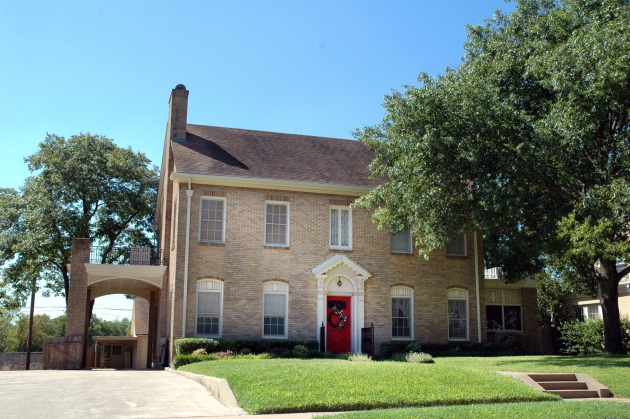With more than 30 years’ experience in the residential and commercial water treatment space, Mark Nelson is a Class 1 Drinking-Water Operator and a CBWA (Canadian Bottled Water Association) Certified Plant Operator. As founder and president of Nelson Water in Ottawa, Mark focuses on dealing with challenging water treatment system designs for problem water. He also heads the largest water bottling plant in the city of Ottawa with a delivery network throughout the Valley.
Water quality is not merely about appearance. As a private well owner, you need to ensure that your drinking water is not only clean, but also free of contaminants and safe for use. Moreover, you want to ensure that you are not wasting water.
Paying extra attention to the integrity of your entire water system, including your plumbing, can help ensure your water is safe and that you’re using your water in an efficient fashion. Fortunately, we have some tips on safe and efficient water use for private well owners.
Water Efficiency Throughout Your Home
There are a number of simple measures you can take throughout your home to improve your water use and lessen the environmental impact of your home. Some of these steps include:
- Choosing the right fixtures and appliances: When you are choosing new appliances and fixtures, look for high efficiency or low flow units. These tend to be very effective, yet use the least amount of water. This can significantly reduce your water consumption for bathing, cleaning, and washing.
- Shower: While many of us enjoy soaking in a tub, showering should be your go-to method of bathing. Showering uses far less water, but if you can’t live without your bath ensure that your drain stopper is operating properly to avoid needing to refill.
- Look out for leaks: Whether it is a dripping faucet or damp spot on your wall, any indication of a leak is a sign that you could be wasting hundreds of gallons of water. If left unchecked, even a minor leak could cause structural damage.
Bathroom & Kitchen Water Efficiency
Bathrooms and kitchens are the most common areas in the home for water efficiency issues. Fortunately, with a little care, you can protect your home and conserve water use.
When washing dishes, use an energy efficient dishwasher model or soak your dishes to lower your water consumption. You should also avoid leaving sinks running when brushing your teeth or getting cold water for drinking. Instead, use a filter pitcher for drinking water and only run the faucet as needed.
Improving Water Quality In The Home
Annual water testing is a vital component of improving your water quality. Many owners of private water wells also use water treatment systems. These are placed between the home and the well to ensure that the safety of the water is maintained. There are some tips to boost your water quality that include:
- Ensure Filters are Clean: If you have had a treatment system installed, it is important to maintain the filters according to the manufacturer’s specifications. The filter cartridges are in place to remove contaminants from your water supply, but if the filter becomes clogged with an excess of debris, it will no longer function correctly. Be sure to regularly clean your filters and replace them if necessary.
- Wash Water Storage Containers: Even if you have the cleanest and best tasting water, if it is stored in a dirty container it is likely to become unsafe for drinking. Therefore, it is important to regularly wash water storage containers like filter pitchers or water bottles. It is a good idea to use a couple of drops of unscented bleach in water to kill any germs. Swish this solution around and let the container sit for approximately 30 minutes before rinsing thoroughly.
- Maintain Your Water Treatment System: Just like any other appliance in your home, your water treatment system needs to be maintained to continue offering optimum performance. Follow the manufacturer’s instructions for basic maintenance and consider servicing periodically to ensure that your water remains clean and safe.
For additional assistance in treating your private well water system, be sure to contact a professional water treatment expert.

